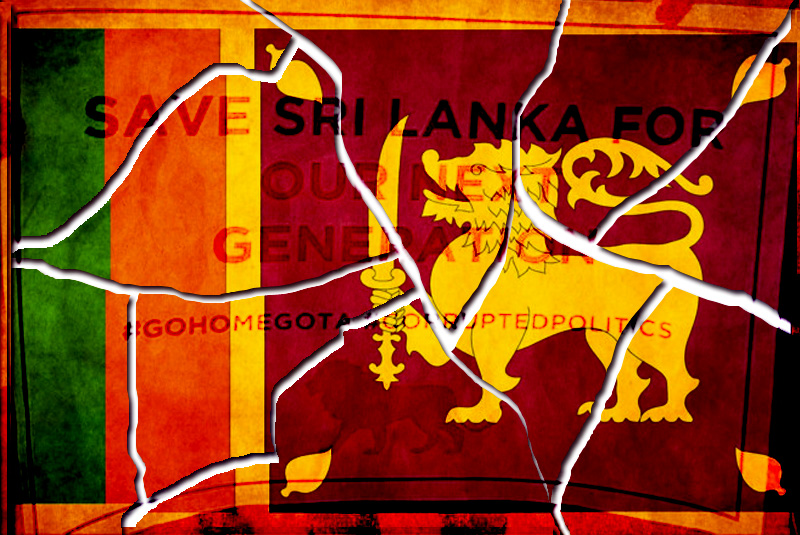In June 2020 when the Black Lives Matter movement in the U.S was at its peak, people in Sri Lanka’s capital Colombo stepped out in solidarity with Black people. As a country torn by war for 26 years due to racism, they were certainly able to sympathise with the Black people in the U.S. The repercussions of the war that ended, about 10 years ago, are still fresh in the memories of the Sri Lankans.
Seeds of resentment were sown, if inadvertently, by the colonialists, who favoured the Tamils in Sri Lanka since they were familiar with the Indian Tamils. The Sinhalese, the largest ethnicity in Sri Lanka, held their resentment towards the Tamils. After the British left, in 1948, the Tamils no longer held power that was handed to them by the British. The Sinhalese people formed the government.
Years of resentment began to manifest itself as hatred towards the Tamils. As historical retribution, in the name of “correcting” the wrongs of history, the Sinhalese government created laws that minimised the culture of Sri Lankan Tamils. Many legislative decisions, which discriminated against the Tamils, were presented as attempts at reviving the “authentic” Sinhalese culture. Such blatant discrimination created unrest and gave rise to the demand for a separate state, the Tamil Eelam.
-30-
Copyright©Madras Courier, All Rights Reserved. You may share using our article tools. Please don't cut articles from madrascourier.com and redistribute by email, post to the web, mobile phone or social media.Please send in your feed back and comments to editor@madrascourier.com











